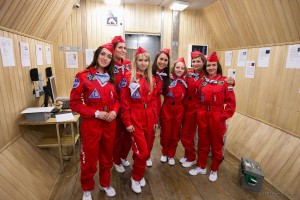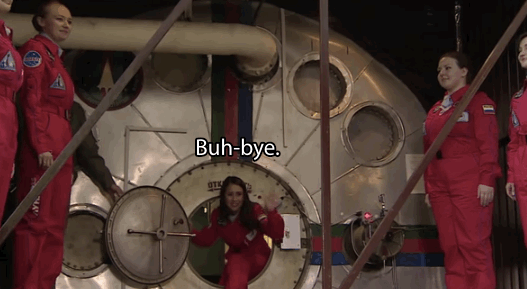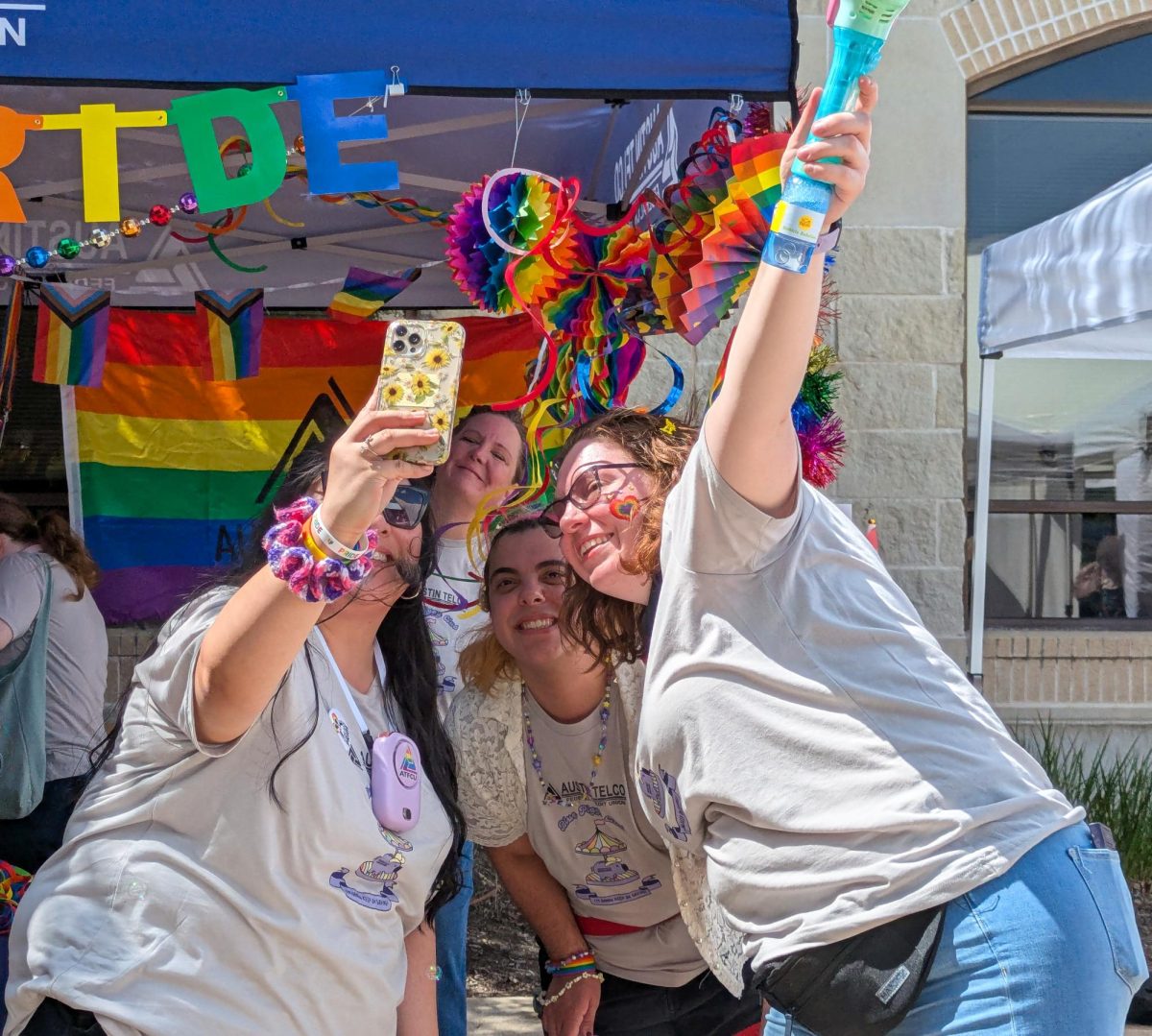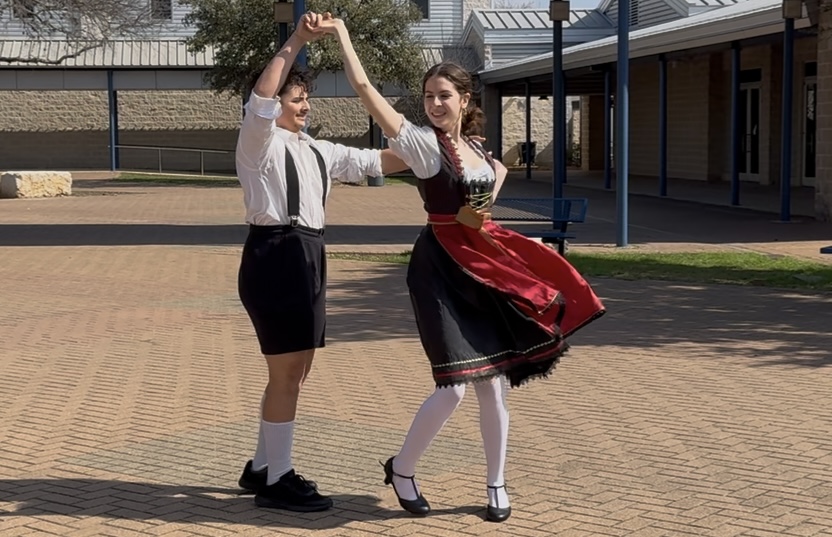 Six female Russian astronauts are going to live in a mock-spacecraft in Moscow for eight days.
Six female Russian astronauts are going to live in a mock-spacecraft in Moscow for eight days.
The six women, aging from 22 to 33, will be testing various experiments over physical and psychological effects of an isolated environment. Before leaving for the spacecraft, the women attended a press conference. Because, of course, we can’t have nice things, the men involved in the interview were not holding back any sexist feelings they had, which were visible in the majority of the questions asked.
The tone of total disrespect was set by their boss, Sergei Ponornarev. Yes, the scientific director of the experiment started the interview with gender prejudice against his own mission.
“We believe women might not only be no worse than man at performing certain tasks in space, actually better,” Ponornarev said. No worse than man? Maybe someone should tell him these women are working for him.
Igor Ushakov, the Director of Moscow’s Institute of Biomedical Problems, followed the casual sexism with some of his own – and we haven’t even gotten to the press yet.
“They say that in one kitchen, two housewives find it hard to live together,” Ushakov said, fueling the fire even more than Ponornarev did.
Finally, the Russian authorities turned the floor to the press;it’s too bad they weren’t any better. They asked how the women would survive without men, makeup, and not being able to fix their hair. Since obviously those three things are the most important part of their mission.
Two of the participants, Anna Kussmaul and her colleague Darya Komissarova, replied to the sexist comments with confidence.
“We are very beautiful without makeup,” Komissarova said. Kussmaul also added, “Those who will take part in an experiment are not concerned there won’t be any men in their crew. We are here to do our job and we don’t have time to think about men.”
“I don’t know how we’ll survive without shampoo,” Kussmaul said sarcastically. “Because even in this situation, we really want to stay looking pretty.”
Sexism towards female astronauts has been happening since 1963, when the first Russian woman, Valentina Tereshkova, was sent to space. You would think after years of women’s accomplishments, the men of the program would understand they, shockingly, deserve some respect. Because the interview was arguably the most irritating part of their mission.






